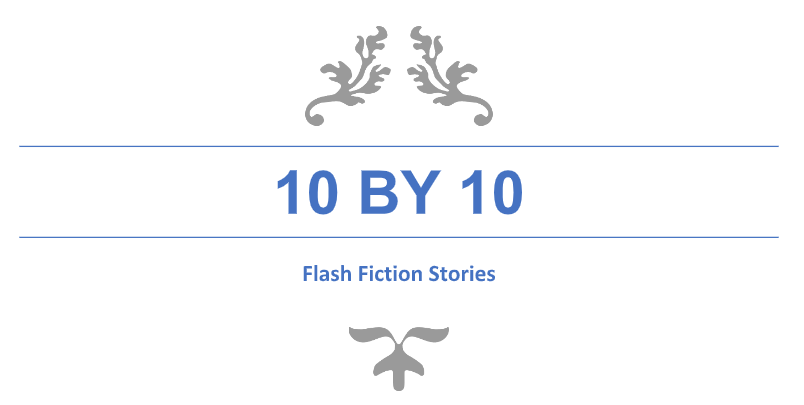by Gary Fincke
Because I was born on my mother’s birthday, our parties were divided into day and night. My friends, full of cake and ice cream, left before dinner. My mother’s friends arrived at twilight, drinking wine as the mid-summer sky went dark. But each year, at noon, before either party began, she asked me into the yard to wait for the moment she said the sun would pause before its annual slow decline.
Our birthday was June 21st, and I was eight before I learned that the solstice didn’t always happen on that day. Because I loved seeing her happy, I never told her I knew which years we were late, that the sun had changed directions the day before. I loved that impossible story she told while we waited for twelve o’clock and the tolling of the bell from the nearby church. “It’s as far north as it ever gets.” she would say. “Now it begins to scuttle backwards, like our astral sign, toward winter.”
The summer before I started high school, the solstice was June 20th—Gemini, not Cancer—but she called me, as she always did, a few minutes before noon. By then, what would kill her had begun in her arms and legs. What I also knew, by then, was that crabs, nearly always, walk sideways, not backwards. That if you thought about that the right way, it meant they stayed in the same place, not coming or going.
Standing near the living room picture window, she paused to show me two old towels that had been wedding presents, ones worn so thin by fifteen years of use that the sunlight filtered through them. She handed me one and kept the other for herself. “Nothing is gone,” she said, “if you keep it.” She led me to the dining room clock she wound daily and asked me to turn the key. On our way through the kitchen, she pointed out the old rotary phone and said it was as good as new. Outside, we walked past the ancient station wagon she said would last until I would learn to master the stick shift that the world was forgetting.
Then, in the yard, noon about to arrive in the year that would mark the middle of my time with her, she handed me the key to the three rooms she rented for us until I was seven. “You’ll thank me someday,” she said as the church bell began counting to twelve. “And keep this one, too,” she said, handing me a thin, but heavy key I’d never seen before, the one, she explained, to where she had lived with my father for a year without me. Where those towels we were holding hung thick and bright. Where, after an evening shower, she often wrapped her body inside one for warmth as she walked to the bedroom to part the wedding-present sheets and unlocked herself, welcoming the possibility of me into this world.
